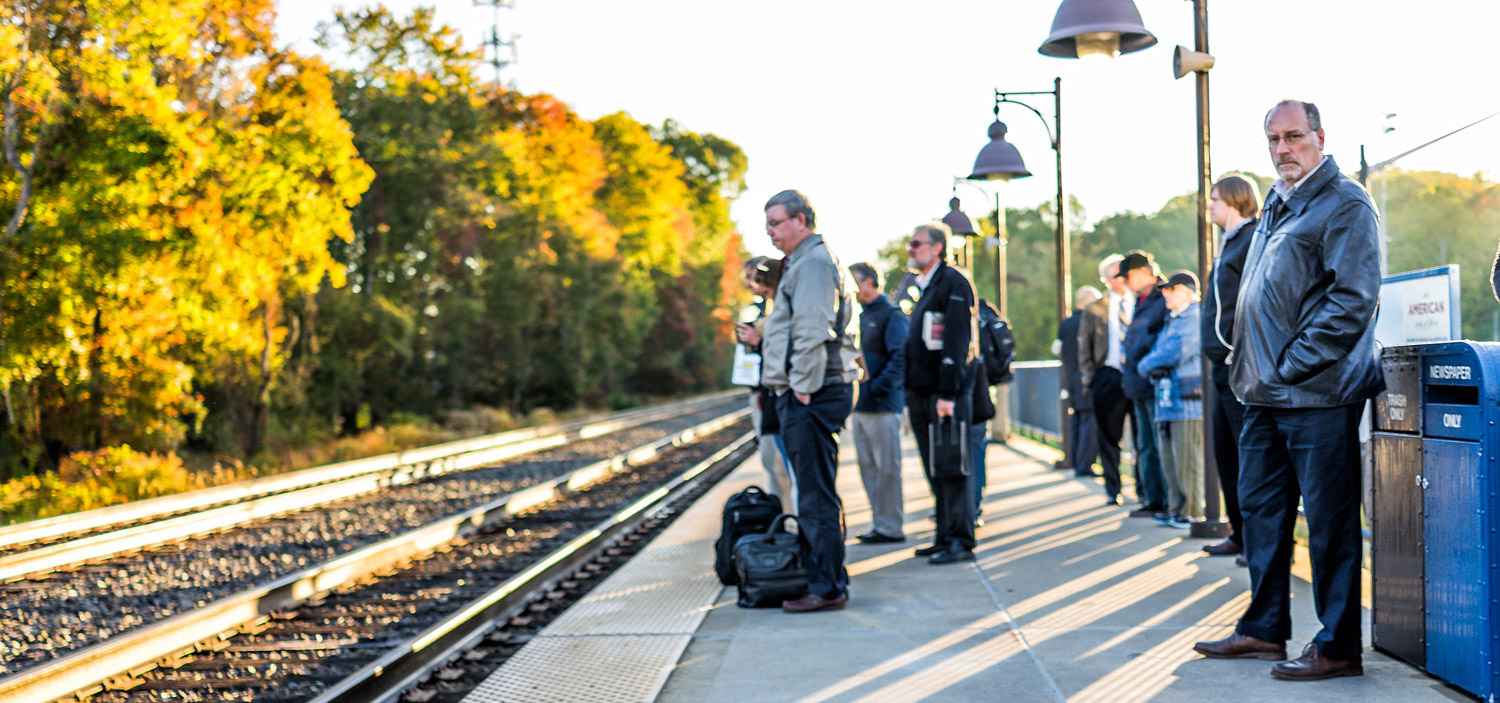Six communities to receive assistance on small-scale manufacturing and neighborhood revitalization

Today, Smart Growth America announced the selection of six communities that will receive technical assistance in using small-scale manufacturing as a strategy to create economic opportunity, boost the prospects of Main Street, and build great places. This assistance is made possible through funding from the U.S. Economic Development Administration (EDA).





 After a string of people biking were killed on Washington, DC’s streets, the Washington Area Bicyclist Association (WABA) organized a rally to press the Mayor and her administration to make good on their commitment to ending traffic deaths. Here are what some of the rally goers had to say and some actions you can take.
After a string of people biking were killed on Washington, DC’s streets, the Washington Area Bicyclist Association (WABA) organized a rally to press the Mayor and her administration to make good on their commitment to ending traffic deaths. Here are what some of the rally goers had to say and some actions you can take.

